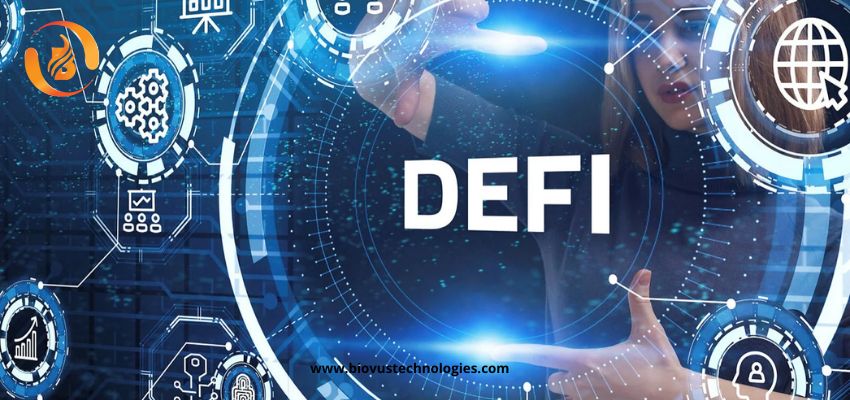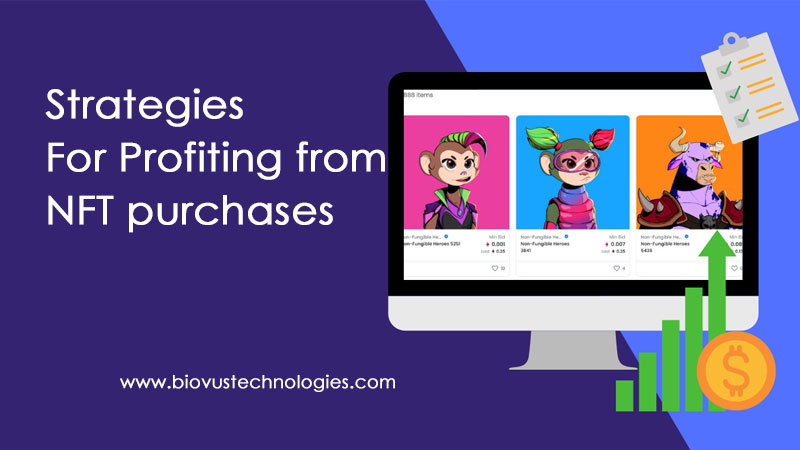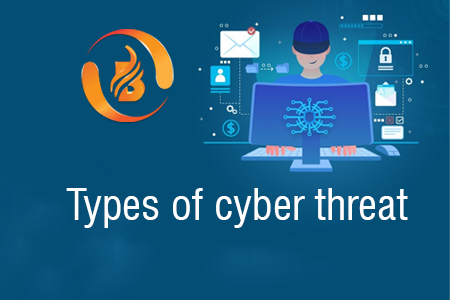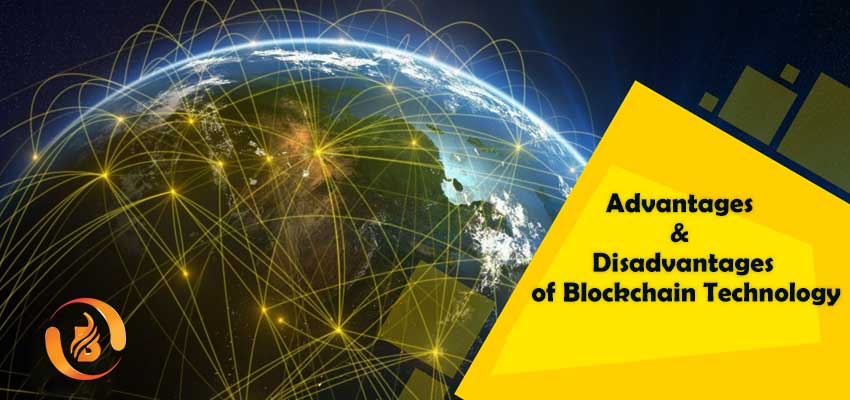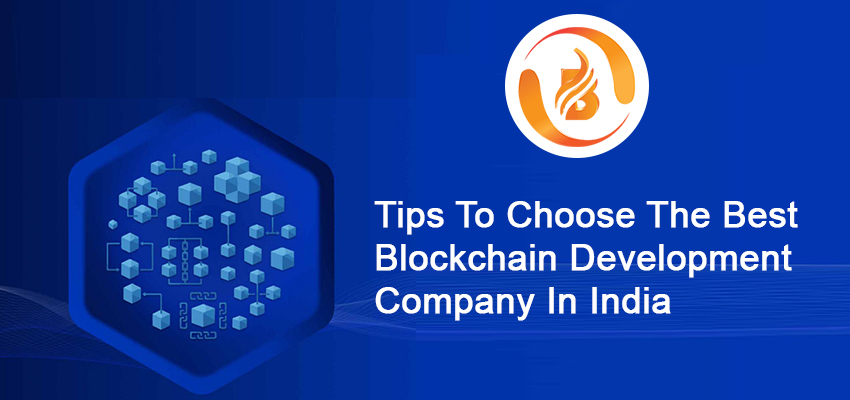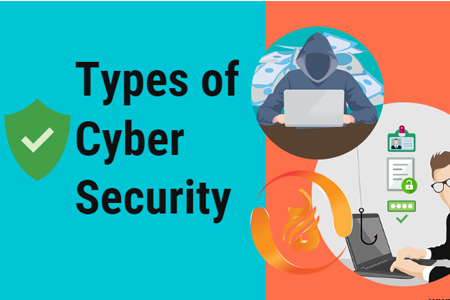Decentralized finance, or DeFi for short, is a blockchain-based technology that puts banking services in your pocket without the need for a central bank and lets you act as your own financial institution. DeFi is appealing because of the protection of personal data. The openness of the code to all participants, high-interest rates, and the lack of middlemen in the transaction process.
What Is DeFi Development?
DeFi development is a difficult procedure that differs from conventional development in various ways because of the peculiarities of the Web3 space. It contains numerous features, branches, and complexity levels. As a result, it is impossible to be an absolute expert in everything. To get the best outcome, each development team needs to be perfect for a particular set of solutions.
What is meant by DeFi Tokens?
Decentralized blockchain-based apps that make use of smart contracts are known as “decentralized finance tokens,” or “DeFi tokens,” in the industry. When it comes to cryptocurrency banking, they want to do away with the necessity for a middleman. Uniswap (UNI), SushiSwap (SUSHI), PancakeSwap (CAKE), and Avalanche are a few of the well-known DeFi tokens (AVAX).
How Does DeFi Works?
Participants in the decentralized finance ecosystem deal with each other directly via smart contracts. It eliminates the need for traditional financial institutions to act as guarantors for transactions. Blockchain technology is used to safeguard transactions. The majority of DeFi devices don’t seize your money, giving you complete control over your assets.
You can access your money or possessions with DeFi by utilizing a safe digital wallet. Smart contracts allow you to start transactions whenever you wish to deal, which requires that both you and the other party accept a number of specified terms. For instance, a smart contract can be set up to automatically transmit money to a specific account on a regular basis as long as there are enough funds to support it. Money cannot redirect and send to a different account after a smart contract has been set up; it cannot change.
The majority of DeFi applications are created on the Ethereum blockchain. However, Cardano, Binance, and Solana are also rapidly producing similar software. In comparison to centralized finance systems, DeFi is still in its infancy, hence new apps are constantly being launched.
Types of DeFi Tokens
#1. DeFi Security Token
Security tokens are the electronic equivalent of bonds that represent tangible assets. These tokens allow tangible assets to describes as digital tokens, bridging the gap between centralized and decentralized financial systems. Additionally, security tokens let investors of all sizes make small investments in assets they deem attractive.
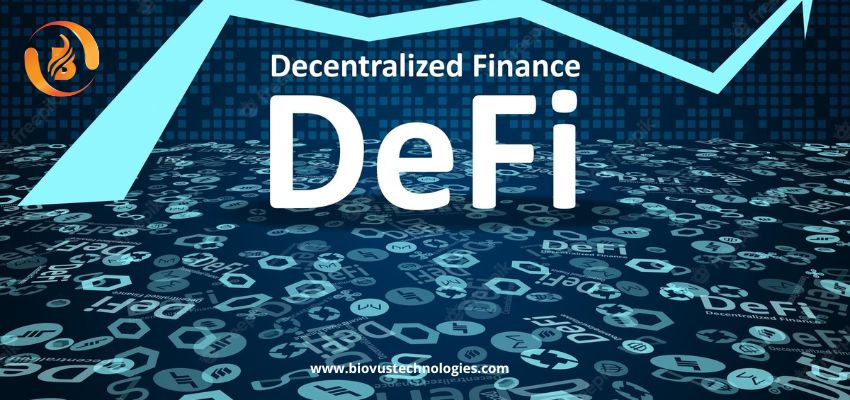
#2. DeFi Equity Token
The assets or properties of the company is represents by equity-based crypto tokens. It also derives its worth from the company’s success over time and in different contexts. The owners of the tokens may grant a share of the company’s profits or required to cast votes for governance choices.
#3. DeFi Utility Token
The goal of utility-based crypto tokens is to raise money in exchange for utility services. These tokens make it easier for you to start and grow your business by allowing you to raise money. Investors also view utility tokens as speculative assets since they allow them to put money into the finest business projects and benefit when the results are better.
#4. DeFi Governance Token
Holders of governance tokens on the platform receive specific privileges, such as the ability to vote on proposals and promote the update of the portal to reflect current traffic patterns. Additionally, these tokens offer their owners privileged advantages like reduced transaction fees, discounted conversion costs, and access to additional utility benefits.
DeFi Smart Contract Development
DeFi smart contacts are an essential technology that must create with the utmost care. Literate programming offers several benefits, including the resolution of issues with precision, speed, scalability, dependability, security, transparency, ease of exchange and access, and a host of other issues.
DeFi Dapp Development
Decentralized applications are gaining ground in an increasing number of industries, including the NFT market, communication, and healthcare. But the decentralized finance arena is where the majority of dApps are found. Investments in the market totaled $40 million as of 2021. Of course, a high level of secrecy and the difficulty of hacking go hand in hand with such popularity. But as practice demonstrates, “craftsmen” still exist. This implies that there is no such thing as perfection, and whoever develops a security-wise almost perfect program will quickly become well-known.
DeFi Wallet Development
DeFi Wallet deviates from the norm in terms of its technological aspects, as smart contracts, rather than a centralized financial institution, are in charge of ensuring the security of funds. And solid blockchain experience needs to develop secure and useful smart contracts.
DeFi Development Services
Not all services that connect to blockchain technology is list here. The scope of DeFi development services, which now permeate every aspect of our lives, grows as additional opportunities in the Web3 dimension become available.
End Note
Although there are more blockchains that could use decentralized finance tokens, the aforementioned blockchain networks fared better in terms of popularity and overall usage for DeFi-based apps. Applications for decentralized finance powered by cryptocurrency are gradually gaining popularity on a range of levels. We wouldn’t have to wait long for additional established financial institutions to jump on board and try to win over skeptics.
Visit us on: www.biovustechnologies.com

